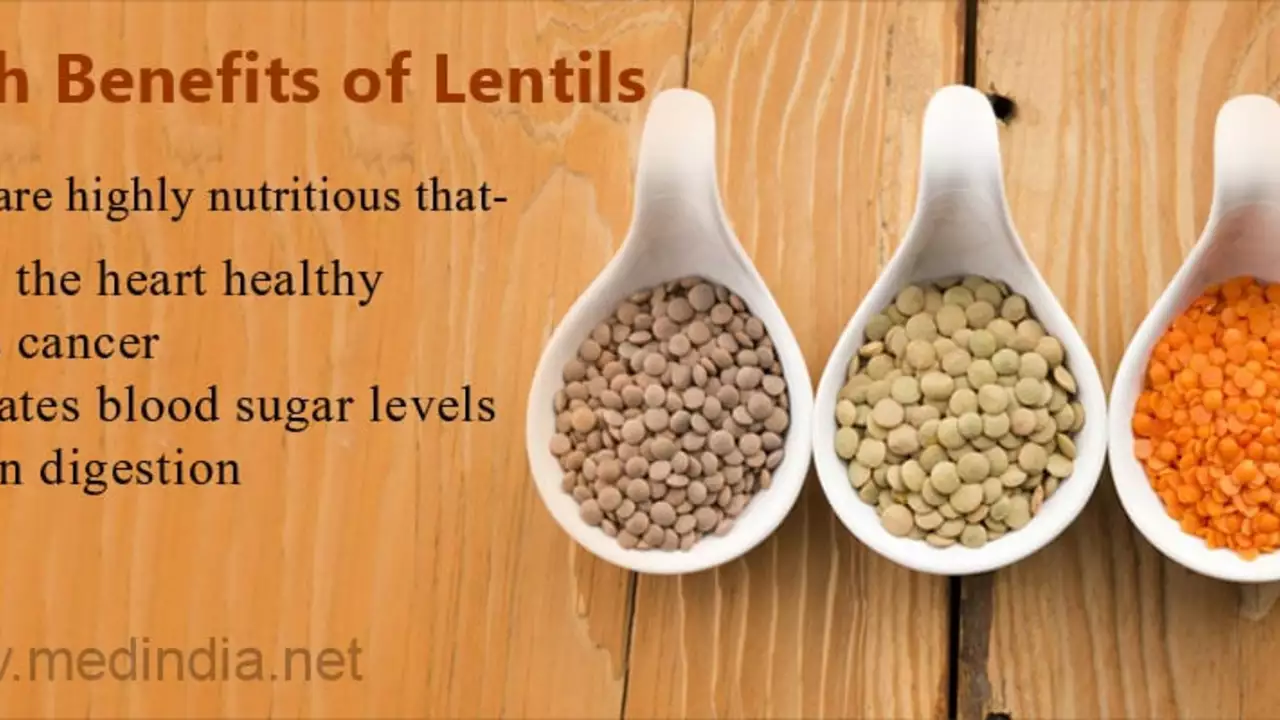Lecithin: What it is, what it does, and how to use it
Lecithin pops up on food labels, in skin creams, and in supplement aisles. At its core, lecithin is a mix of phospholipids — molecules that help fats mix with water. That makes it useful as an emulsifier in food and as a source of choline for your body. People take it for liver support, digestion, and memory, but the science varies by use. Here’s practical, no-fluff guidance so you can decide if lecithin fits your routine.
How people use lecithin
People use lecithin in a few common ways:
- Dietary supplement: capsules, softgels, powders, or granules mixed into food or drinks.
- Cooking and food products: keeps oils and water blended in mayonnaise, chocolate, and baked goods.
- Topical products: in creams to help ingredients blend and feel smoother on skin.
Typical supplement goals are to support liver function, ease occasional constipation, or add dietary choline. Research shows mixed results depending on the condition, so consider it a supportive option rather than a cure.
Choosing and using a lecithin supplement
Pick a form that fits your life. Capsules are easy to travel with. Powders or granules work well in smoothies or yogurt. Liquid lecithin mixes into recipes but can taste strong.
Source matters. Soy lecithin is the most common and cheap, but if you have a soy allergy or prefer non-GMO, choose sunflower lecithin. Sunflower lecithin is extracted without solvents and often appeals to people avoiding soy or GMO crops.
Dosage tip: common supplement doses range from about 1 to 3 grams per day. Some product labels list 1,200 mg (1.2 g) per capsule. Follow the label and talk to your healthcare provider if you plan higher doses or long-term use.
Watch for side effects. Most people tolerate lecithin well. The main complaints are mild—stomach upset, diarrhea, or a fishy aftertaste. If you have soy allergy, choose sunflower lecithin. If you’re taking blood thinners, pregnant, or breastfeeding, check with your clinician before starting any new supplement.
Practical tips: store powder and granules in a cool, dry place. If a product smells off or tastes rancid, discard it. Combine lecithin powder with cold liquids to avoid clumps, or add to a blender for smoothies.
Want to try it? Start low, watch how you feel for a few weeks, and keep a simple log of benefits and side effects. If you notice clear improvements or problems, mention them to your healthcare provider. Lecithin can help in some cases, but smart use and realistic expectations work best.

Lecithin: The Secret Ingredient Your Diet Has Been Missing
I just discovered that Lecithin, a naturally occurring fat, might be the secret weapon our diets have been lacking. It's found in foods like eggs, soybeans, and sunflower seeds and is packed with health benefits. Not only does it aid in digestion, but it also helps in maintaining a healthy heart and brain. It's time we all start incorporating more Lecithin-rich foods into our meals. Who knew this underrated ingredient could be so vital to our wellbeing?

Lecithin: The Secret Ingredient Your Diet Has Been Missing
In my latest blog post, I delve into the wonders of lecithin, a lesser-known but powerful dietary ingredient. I discovered how lecithin, a type of fat that's crucial for cell function, can be a game-changer for our health. It's been linked to improving digestion, heart health, and even brain functioning. The best part? It's found in many common foods like eggs, soy, and sunflower seeds. So, spice up your diet and give your health a boost by introducing lecithin into your meals.
